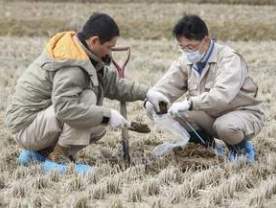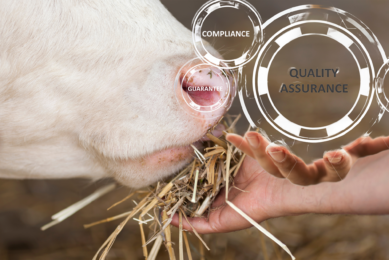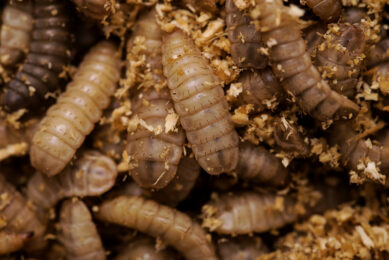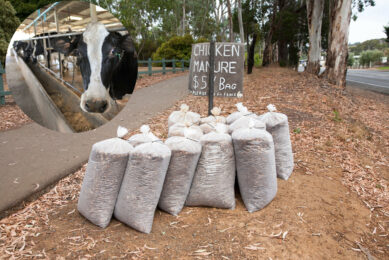Radiation rumours rattle Japanese exports

With the radiation problems of the Fukushima plants in Japan still not being solved, more countries start worrying about products that are imported from this country.
Canada has tightened its controls on Japanese imports to include all food and animal feed products from areas affected by Japan’s ongoing nuclear crisis.
The Canadian Food Inspection Agency said that it requires documentation proving the safety of food and feed products before it will allow them into Canada.
The federal agency has also begun testing radiation levels of Japanese products, it said.
Precautionary measures
Other countries also have imposed restrictions, and Russia’s food safety body said on Friday it may ban seafood from areas near the Fukushima nuclear plant.
As a precautionary measure the Dutch Food Inspection Agency will check all products on radiation that enter the Netherlands from Japan.
In the EU since 1989 maximum levels of radiation in food and feed has been put into legislation through the Euratom regulation 2218/89. An overview of the limits can be found here.
The European Commission obliges member states to control imports from Japan. EU-countries have to random sample and control food and feed (ingredients).
Too high levels
Above-safety radiation levels have been discovered in some types of vegetables from the Fukushima area in northeast Japan, where a six-reactor nuclear plant was battered by a March 11 earthquake and tsunami, the Japanese government has said.
Japan has stopped shipments of vegetables and milk from near the plant.











